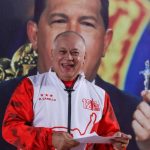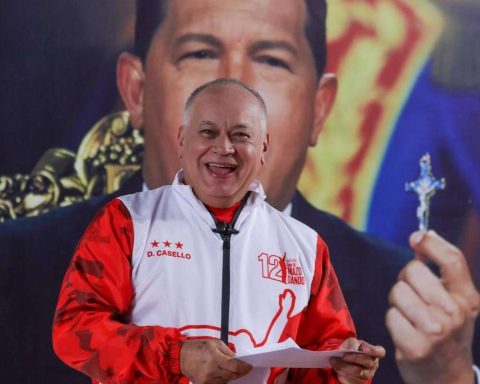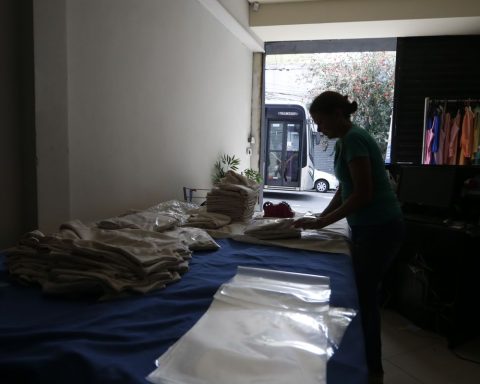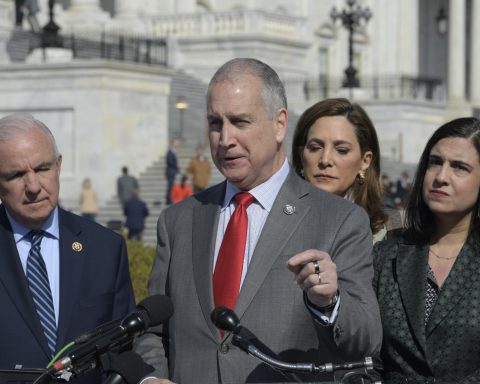The Ggovernment Argentina scored a key victory in Congress after a particularly difficult week marked by several political setbacks. This success was due to a series of strategies and changes in the internal dynamics of the ruling party, as well as the ability to negotiate and divide the opposition at critical moments.
The week before the victory in Congress was one of the most complicated for the GovernmentThey faced three consecutive defeats: the sanction of retirement mobility, the rejection in the Chamber of Deputies of the Decree of Necessity and Urgency (DNU) to grant funds to the Federal Intelligence Agency (AFI), and the election of the authorities of the bicameral Intelligence Commission.
These setbacks generated great internal tension within the ruling party, with cross accusations and an evident lack of political leadership.In this context, the Government urgently needed a victory to regain the initiative and strengthen its position.
One of the key factors in the success of the Government was a significant change in its internal policy. A new political table was established that included prominent figures such as Patricia Bullrich, Manuel Adorni, Martín Menem, Guillermo Francos and Lisandro Catalán.

This table met regularly to coordinate strategies and strengthen unity within the ruling party. Santiago Caputo, an influential figure within the Governmentalso played a crucial role. Although previously operating more independently, this time he worked together with other officials to contribute ideas, networking and coordinated solutions..
This collaborative approach enabled a more effective response to political challenges. Government He also managed to divide the opposition at key moments. During the Senate session, the opposition failed to obtain the two-thirds vote needed to overturn the presidential veto.

Talks
In addition, negotiations were held to avoid discussing the decree on reserved funds for the former AFI, which allowed the government to avoid another significant blow. In the Upper House, important projects were debated, such as the Single Ballot, promoted by the government, and more funds for education, proposed by the opposition.
These negotiations and concessions helped to ease tensions and secure the support necessary for the triumph of the GovernmentThe new political table was fundamental in coordinating the actions of the Government. Patricia Bullrich, in particular, gained ground in domestic politics and became one of the main articulators.


















